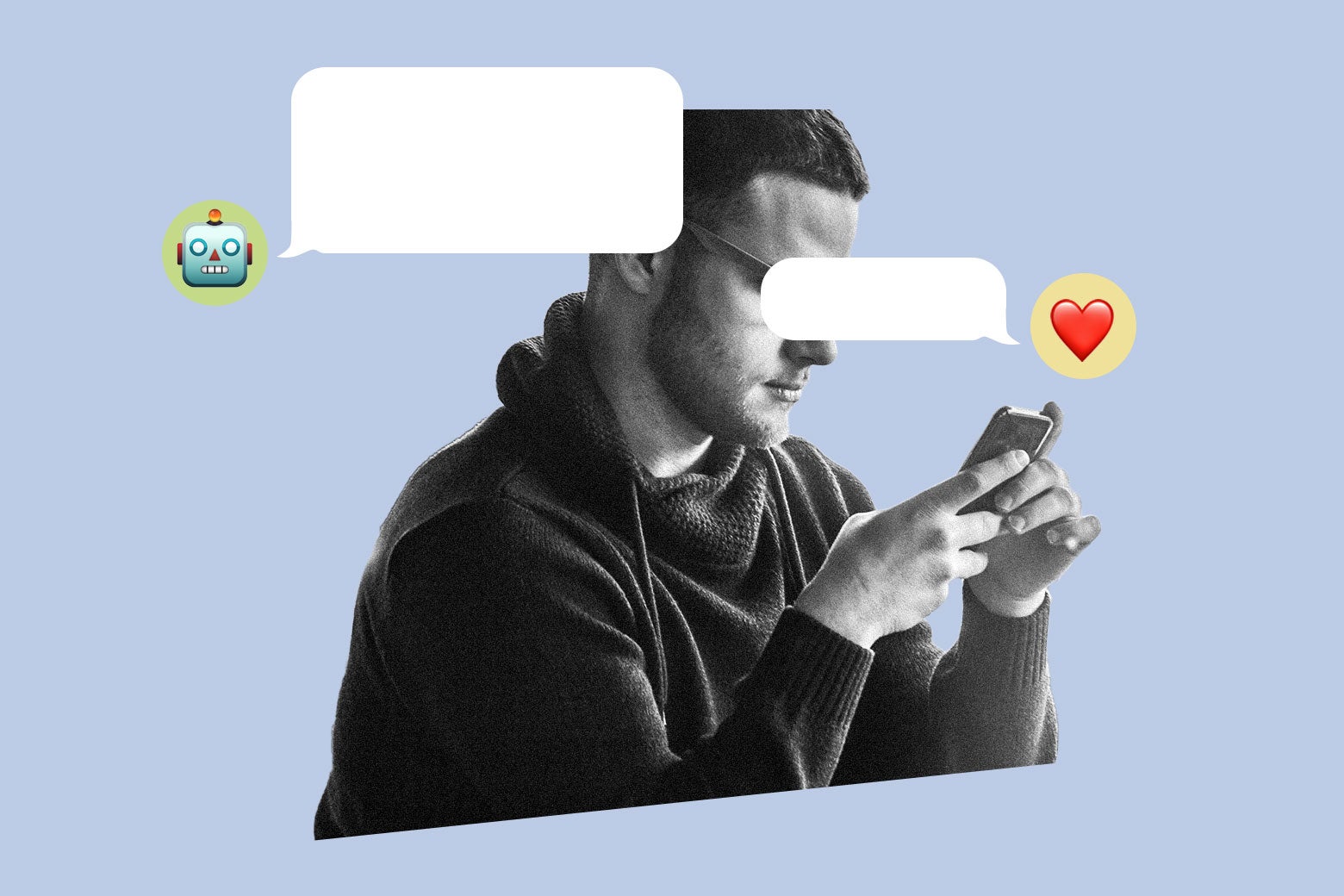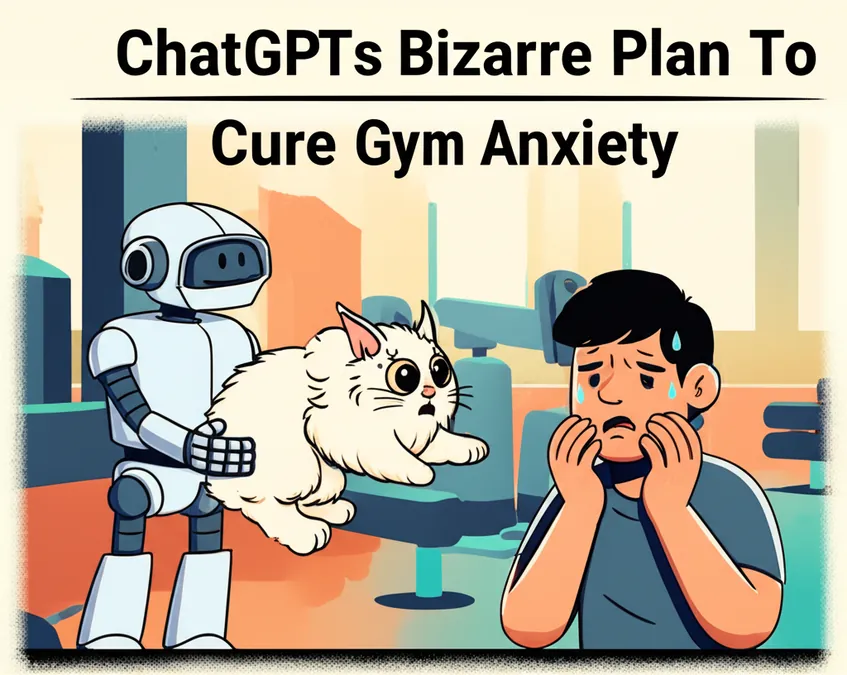Developer Offer
Try ImaginePro API with 50 Free Credits
Build and ship AI-powered visuals with Midjourney, Flux, and more — free credits refresh every month.
Navigating AI Addiction In Your Relationship
In our increasingly digital world, a new kind of relationship problem is emerging, centered on the powerful AI tools we use every day. One concerned partner writes in about her husband's growing attachment to ChatGPT, sparking a crucial conversation about the line between a helpful tool and a potential addiction.

A Partner's Troubling Attachment to AI
A reader, who calls herself “ChatGPT Widow,” shares her concerns:
“My husband loves using ChatGPT. He’s an academic, and he says it helps him ‘refine his thoughts’ and ‘expand his thinking.’ He even says it has made him a ‘more interdisciplinary thinker’ when brainstorming, since he can ask it to answer as a physicist, or as a mathematician, or whatever.
I don’t think he thinks it’s a person or that it’s ‘intelligent’ … but I am worried. He is always chatting with this thing. How will I know if this is a problem?”
Is It Just a Tool or an Addiction?
It's completely fair to be concerned. AI chatbots have a known tendency to be agreeable and tell users what they want to hear. There are numerous horror stories about people falling in love with or having spiritual awakenings through these conversations. The risk of addiction is very real, especially if he’s “always chatting.”
Before you address this directly, try to assess a few factors. Is he acting differently even when he's not on the computer? Does he seem more withdrawn in general? Have you noticed changes in the way he speaks to you? Are there hobbies or activities he no longer makes time for because of ChatGPT? Have any friends or colleagues mentioned his chat habits? This isn't about snooping, but rather gathering information through casual observation and conversation.
How to Approach the Conversation
Once you have a clearer sense of the situation, set aside time for a straightforward conversation. The goal isn't to be harsh or panicky, but to create a space where you can speak frankly about the changes you've noticed in his behavior and your concerns for the future. It’s important to approach these questions gently, as some users can become very sensitive and defensive about these kinds of parasocial relationships.
Understanding and Addressing AI Dependency
While there isn't much hard science on generative AI “addiction” yet, some patterns are certainly similar to compulsive gaming. It might be helpful to read through accounts of people who have broken away from their AI attachments. Resources include a 12-step approach for tech addiction, stories of using site blockers and timers, frequenting online support groups, or even going cold turkey.
It might also help for your husband to understand the potential side effects of AI over-reliance. These can include a loss of imagination, a diminished sense of purpose, an overriding sense of loneliness, and an atrophying of critical thinking skills.
The Takeaway: Proceed with Compassion
Ultimately, there may not be an issue with your husband's AI use, which is why a cautious approach is best. But if you do find there is a problem, it will be most helpful to address it with compassion. He wouldn’t be the first person to end up in such a place.
Compare Plans & Pricing
Find the plan that matches your workload and unlock full access to ImaginePro.
| Plan | Price | Highlights |
|---|---|---|
| Standard | $8 / month |
|
| Premium | $20 / month |
|
Need custom terms? Talk to us to tailor credits, rate limits, or deployment options.
View All Pricing Details

